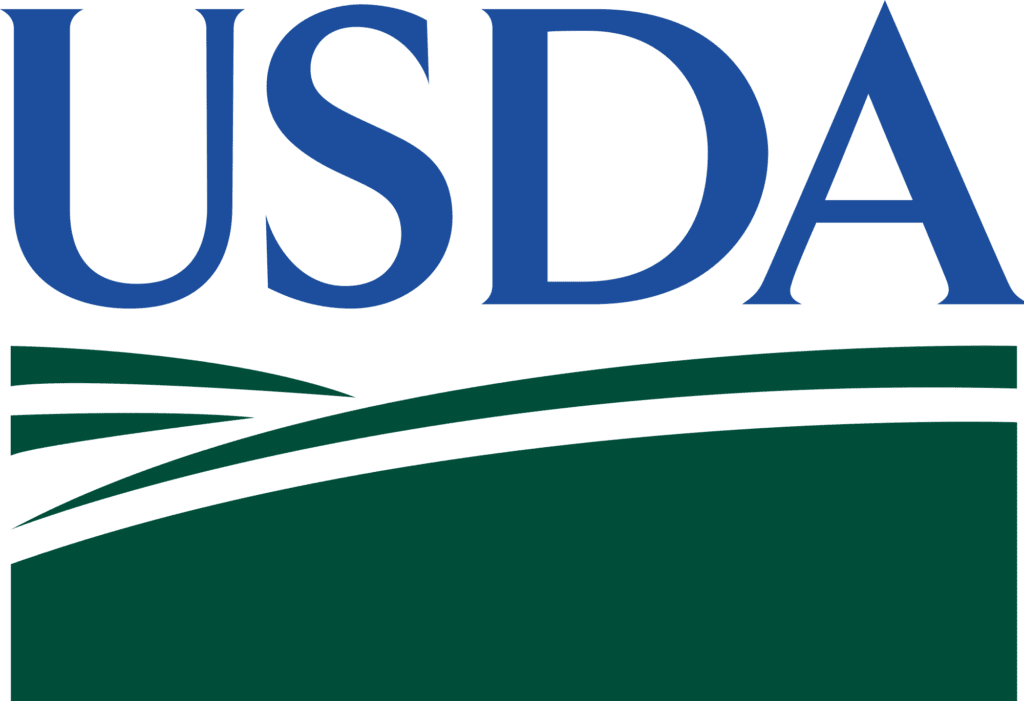USDA Builds Out Regional Networks for Transition to Organic Partnership Program

The U.S. Department of Agriculture (USDA) announced late last week the partner organizations that farmers can contact to learn more about transitioning to organic. These organizations are also entry points for existing organic farmers wanting to serve as paid mentors to help establish the next generation of organic farmers.
This work is part of the Organic Transition Initiative (OTI), which supports transitioning and recently transitioned producers who face technical, cultural, and market shifts during the transition period and the first few years of organic certification. To help identify the organizations, USDA is also providing a state-by-state map listing of the organizations.
OTI was launched in August 2022 as part of USDA’s food system transformation effort to support local and regional food systems, expand access to markets to more producers and increase the affordable food supply for more Americans, while promoting climate-smart agriculture and ensuring equity for all producers.
The initiative provides comprehensive support for farmers transitioning to organic production and will deliver wrap-around technical assistance, including farmer-to-farmer mentoring; provide direct support through conservation financial assistance and additional crop insurance assistance; and support market development projects in targeted markets.
“USDA and its partners have worked quickly to establish a robust network of partners in every state, and we encourage organic mentors and transitioning farmers to contact these organizations to get started,” USDA Under Secretary for Marketing and Regulatory Programs Jenny Lester Moffitt said.
“Organic production is a vital part of the USDA’s Food System Transformation Initiative, bringing new opportunities for producers across the country.”
The TOPP partnership network includes six regions: the Mid-Atlantic/Northeast, Southeast, Midwest, Plains, Northwest, and West/Southwest. Partnerships provide mentors, technical assistance, community building, and organic workforce development.
TOPP regions are geographic and include a mix of states that are already well-represented in organic and states that are currently underserved to maximize the availability of expert mentors in each region. TOPP is a collaborative effort involving many partners, with cross-functional teams and representatives from different regions working together to achieve a common goal.
Details on resources, contacts, and how to get involved in TOPP are regularly updated on USDA’s Agricultural Marketing Service (AMS) webpage, Transition to Organic Partnership Program, at ams.usda.gov/services/organic-certification/topp
AMS’s National Organic Program (NOP) administers TOPP. NOP is a federal regulatory program administered by AMS that develops and enforces consistent national standards for organically produced agricultural products sold in the United States.
The National Organic Program works with accredited certifiers and law enforcement partners to continually strengthen farmer and consumer trust in products that display the USDA organic label. The Organic Integrity Database (OID) remains a key tool for confirming that imported and domestic products are in fact certified organic. Anyone who suspects a violation of USDA organic regulations should submit a complaint using our online complaint portal.
